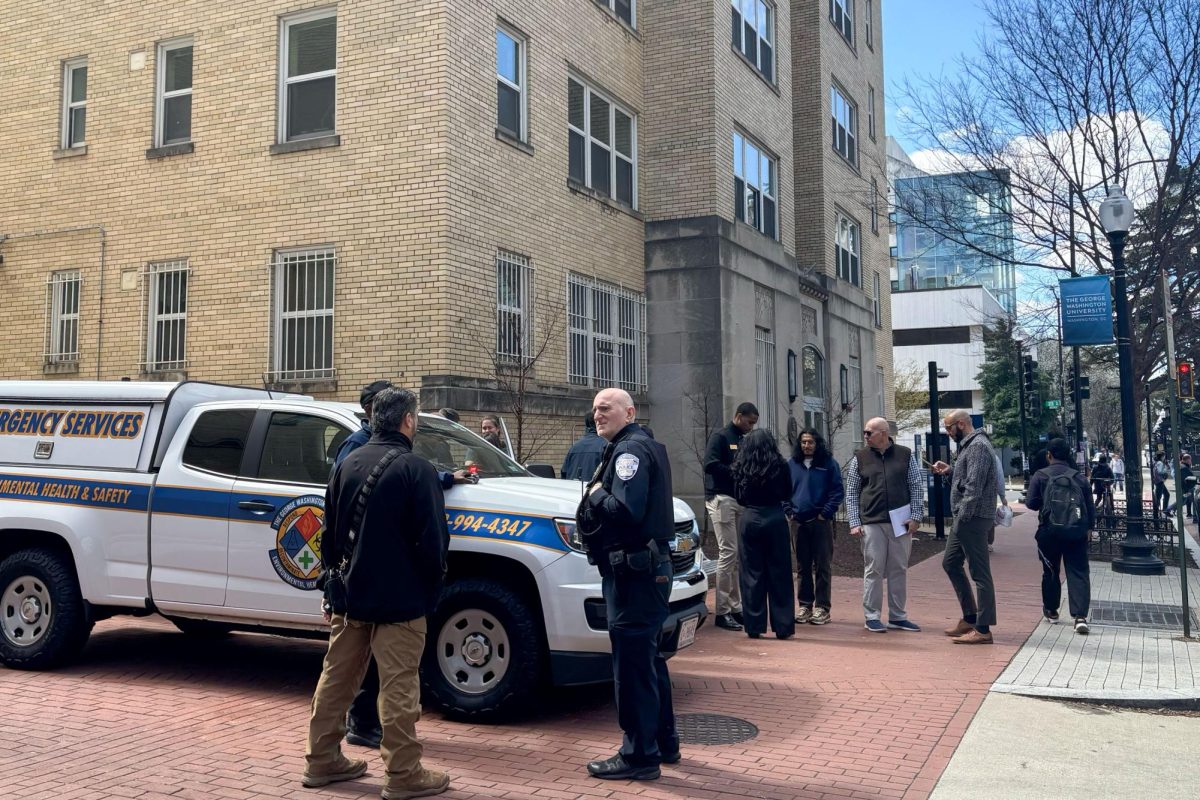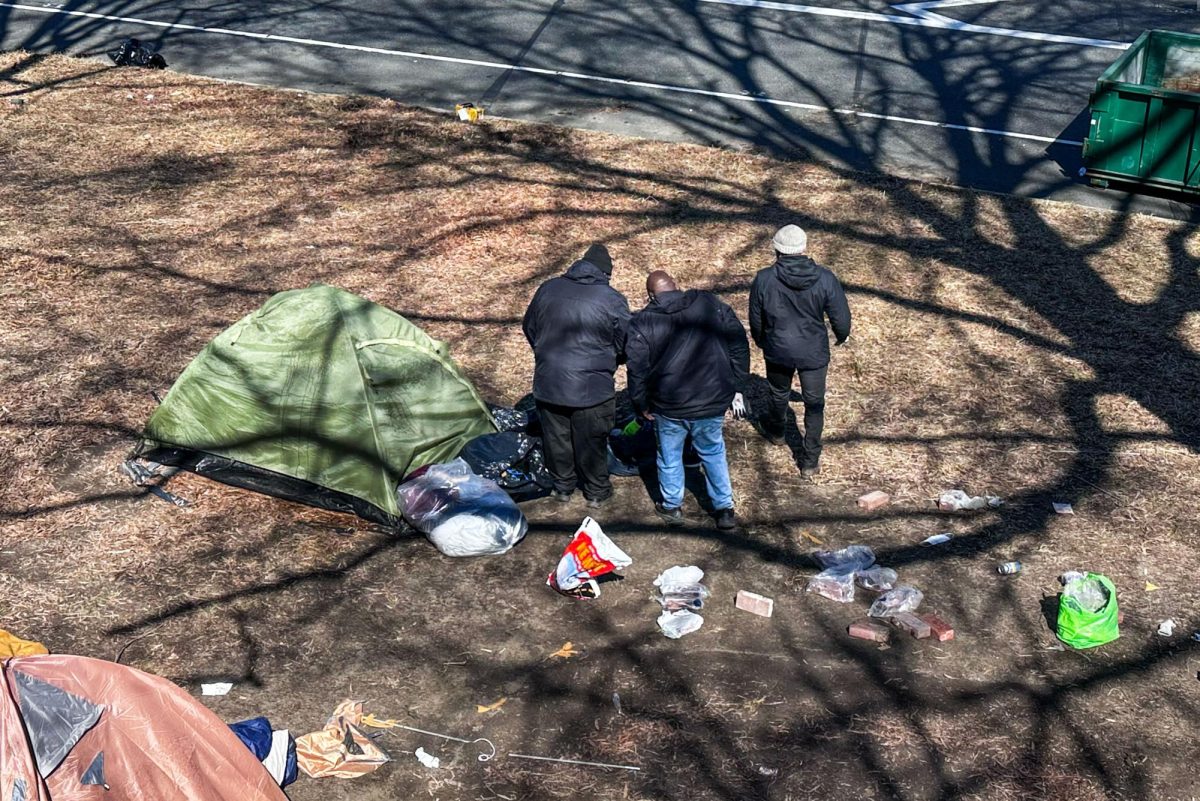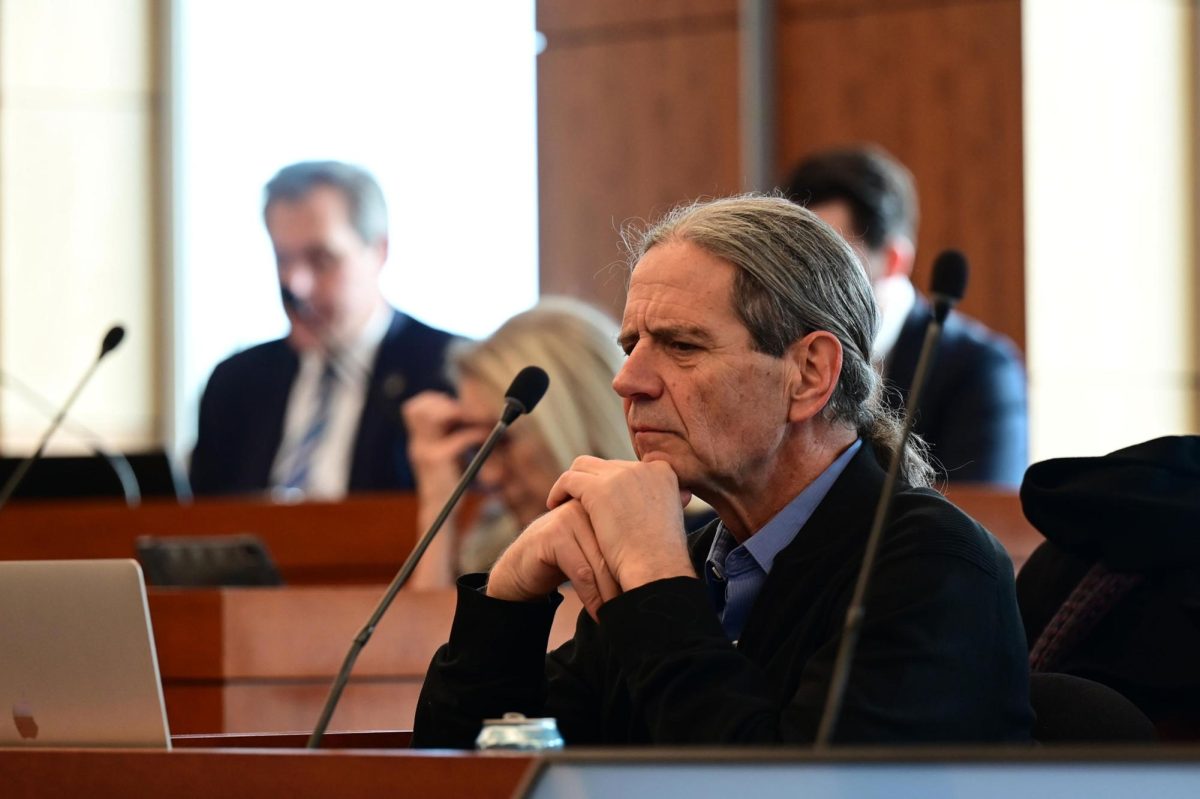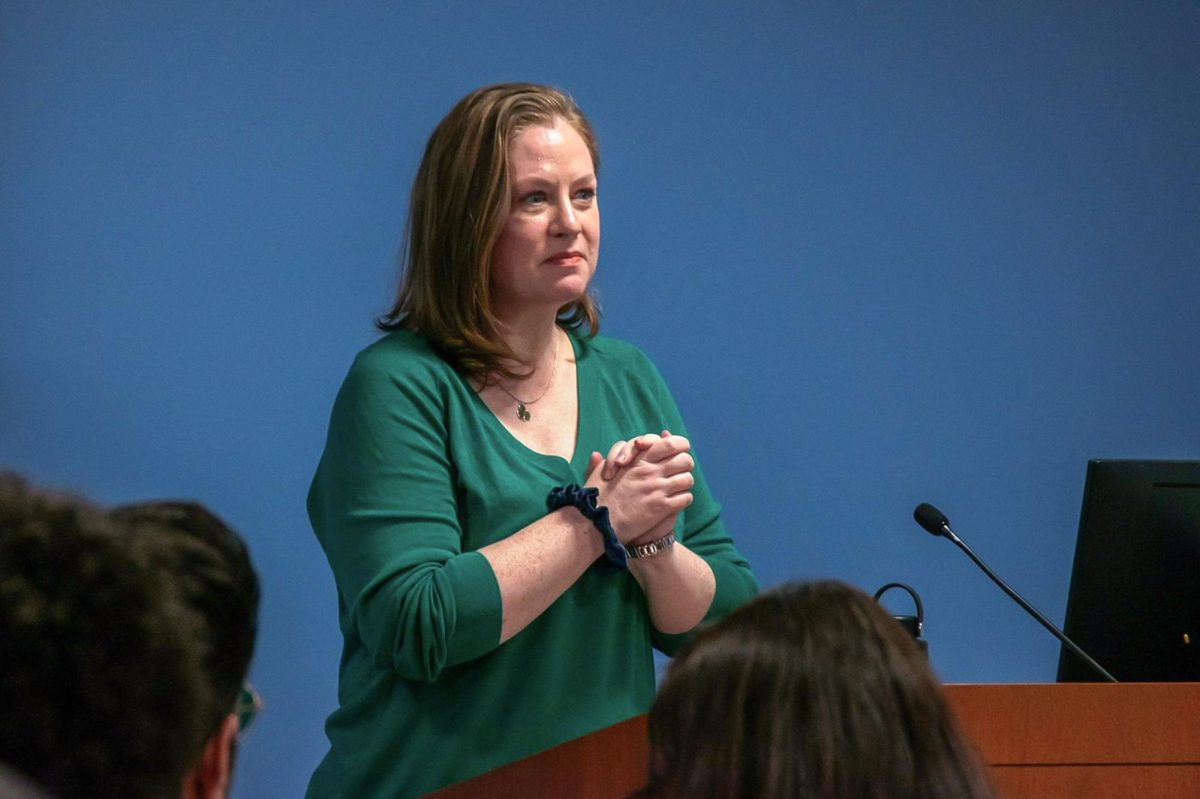D.C.’s minimum hourly wage increased by $2 for tipped workers and 90 cents for non-tipped workers Saturday, marking the ninth consecutive year of wage increases in the District.
The Department of Employment Service’s Office of Wage-Hour Compliance raised D.C.’s minimum pay from $6.00 to $8.00 for tipped workers and $16.10 to $17.00 for non-tipped workers July 1. The wage increase aligns with the Fair Shot Minimum Wage Amendment of 2016, which was created to adjust the D.C. minimum wage annually based on changes to the costs of goods and services in the Consumer Price Index, according to a notice published on the department’s website.
D.C. Mayor Muriel Bowser signed the amendment in 2016 in support of the “Fight for $15” campaign, which a group of New York fast-food workers launched in 2012 to increase the hourly minimum wage for employees across the country and advocate for workers’ rights to fair compensation, according to the notice.
Before Bowser signed the bill, tipped and non-tipped wages in D.C. were $2.77 and $11.50, respectively. The rates have increased each year since the amendment was passed, with non-tipped wages increasing since 2014, according to data published by DC Wage Law.
GW student employees are paid at least the minimum wage and can expect to receive the new non-tipped employee wage, according to the compensation policy outlined on the GW Career Services page.
Last year, D.C.’s minimum hourly wage increased from $15.20 to $16.10 for non-tipped employees and from $5.05 to $5.35 for tipped employees, according to a press release published by the Executive Office of the Mayor. The minimum hourly wage for tipped employees rose to $6.00 in May — pursuant to Initiative 82, which passed in November and supports the implementation of a universal D.C. minimum wage by gradually increasing the tipped hourly wage through 2027, when the rate will equal the non-tipped rate, according to the office’s website.
Under Initiative 82, employers are also required to supplement tipped workers’ pay if what they earn in tips does not make up the difference between the tipped and non-tipped minimum wage, according to the release. Proponents of the initiative say the standardized minimum wage will provide more financial security to tipped employees while opponents argue customers will tip less if businesses need to raise prices or implement a service charge in order to pay their employees.
“A strong minimum wage means a fair shot for more DC residents,” Bowser said in a release last month. “We are proud that DC is a city where workers can get a fair shot and where local entrepreneurs can start and grow businesses that create good-paying jobs for DC residents.”











